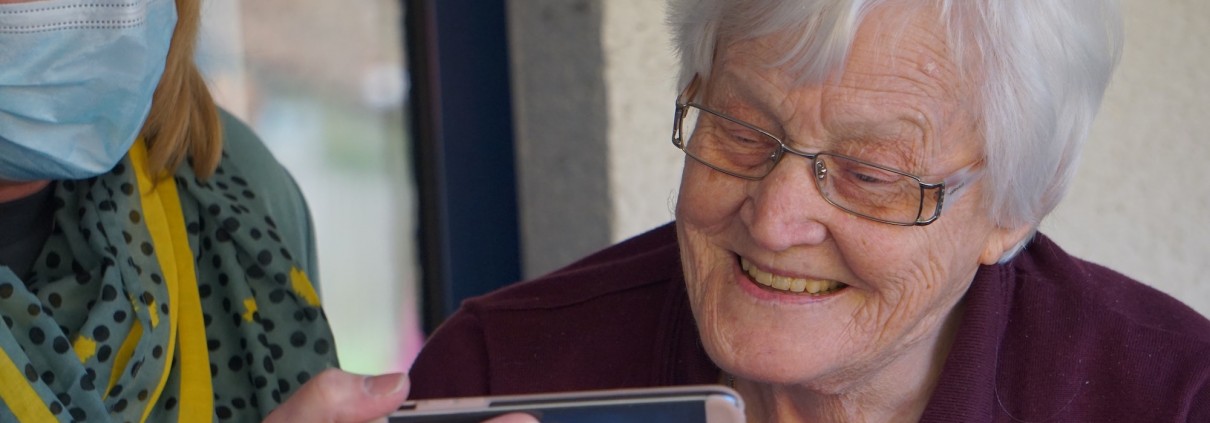Being A Caregiver During COVID-19
It is undeniable that the impact of COVID-19 has infiltrated the lives of everyone in America. From mask wearing to sheltering in place, the pandemic has forced most, if not all people, to change their day to day “normal”. A person with dementia and those caring for these persons are not excluded. For those who are already living in communities with help, it may be true that they have not been able to see loved ones as often. For those living at home, perhaps what they can do outside of their house has been greatly limited. Without doubt, it is important now more than ever to take the necessary steps to care for yourself and loved ones who may be suffering from dementia.
Avoid COVID-19 Risk of Exposure
As a caregiver, it will benefit yourself and the person you care for to reduce your risk of exposure as much as possible. Here is a list of ways you can do this.
- Wash your hands a frequently as possible
- Wear a mask or face covering around others
- Reduce unnecessary trips in public
- Physically distance from others as much as possible
- Avoid sharing personal items
- Disinfect your home or the home you are caring in often
- Wash and dry laundry frequently
Keep A Routine
Navigating through a global pandemic is probably not something that most of us have had to figure out before. It is beneficial to try and maintain a daily schedule as frequently as possible. Control what you can. Create a schedule, get up and go to sleep at the same time each day, and minimize disruptions. Create an environment in your home or in the home of the person you are caring for that is relaxing and as stress free as possible. If a loved one had previously been cared for by someone else during the day, try to recreate as many of the same routines and activities as you can. This can help reduce anxiety for the person you are caring for.
Plan Ahead
Planning ahead, in the event that you do get the virus, will help to reduce any obstacles you may face. Many times, people with dementia have difficulty expressing themselves, so any symptoms they may be having are not verbalized. You should watch for changes in their behavior that might be indicators of not feeling well. If the symptoms they are showing are not life threatening, you should call before going to the doctor. With all the procedures and protocols in place, most facilities have restricted entrances.
Another thing to think about is what to do if you get sick. You should have plans in place for someone to take your place to be able to provide daily care.
It is a good idea to talk to the person you are caring for about what your plan is so that they can somewhat be prepared if you get sick.
There are many action steps that can be taken to make sure that you and someone you care for are safe. Orchard at Brookhaven has several policies and protocols in place for the safety and health of our residents, staff and their families. Residents are still able to spend time with and see family members if they so desire. If you would like to learn more about our community and safety procedures, please contact us.



